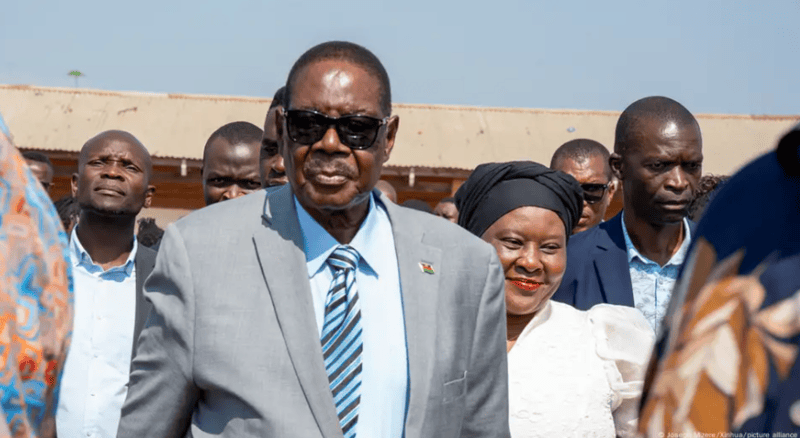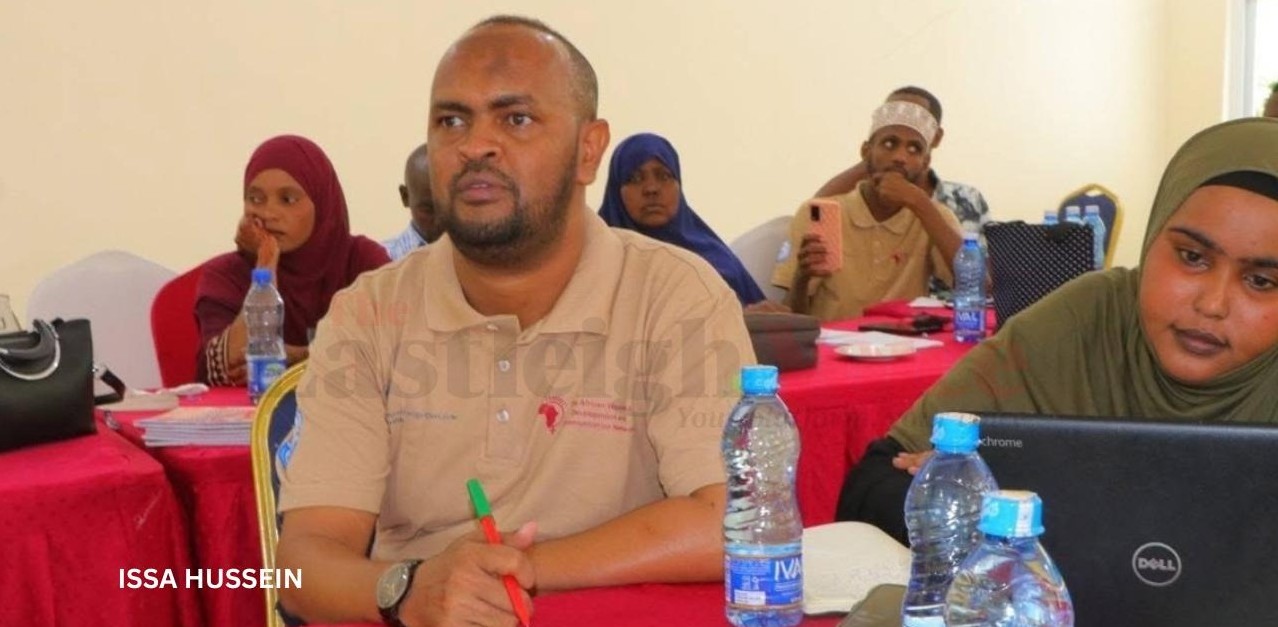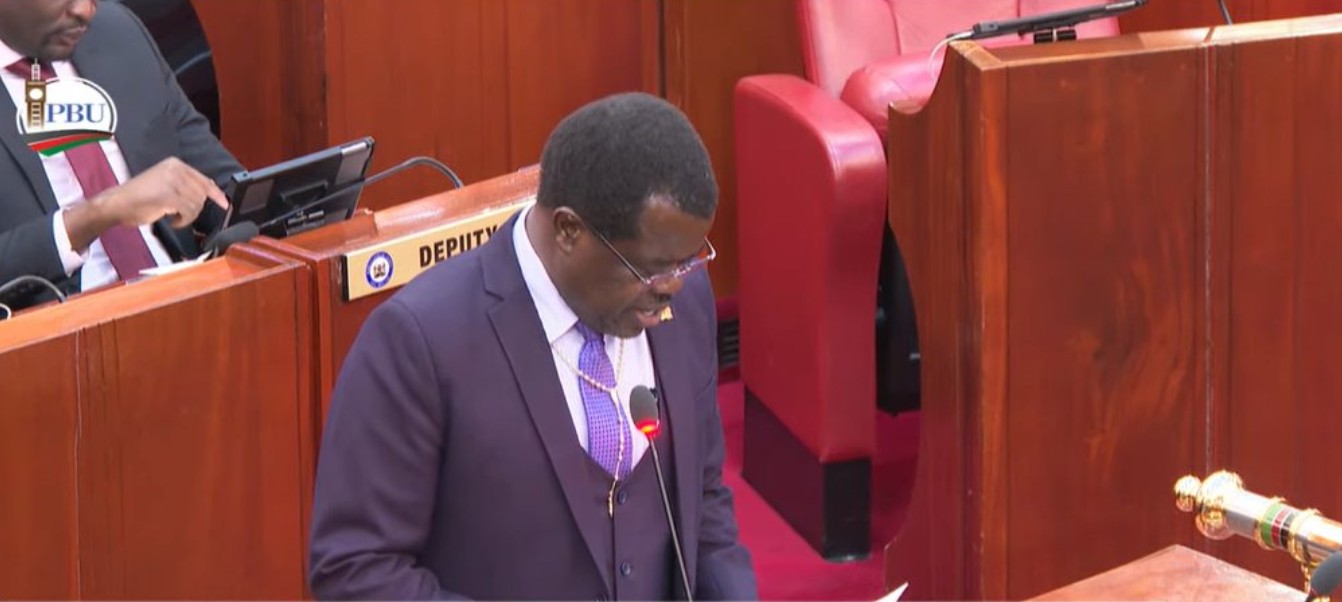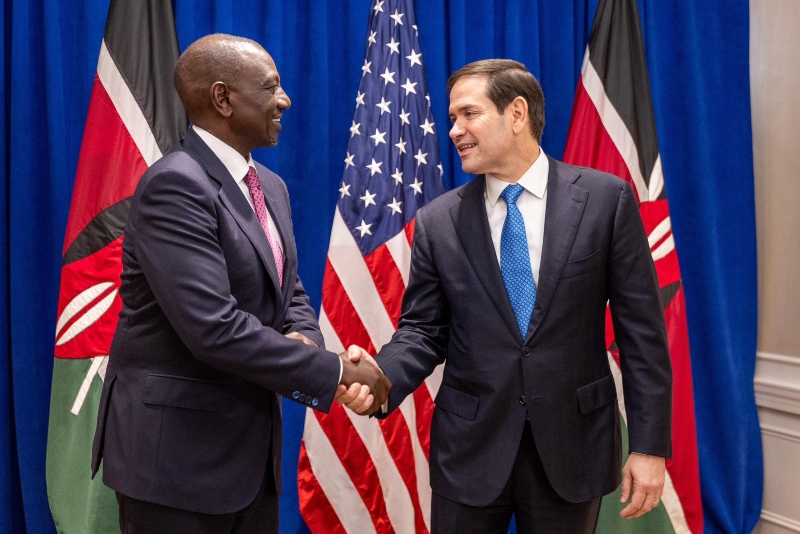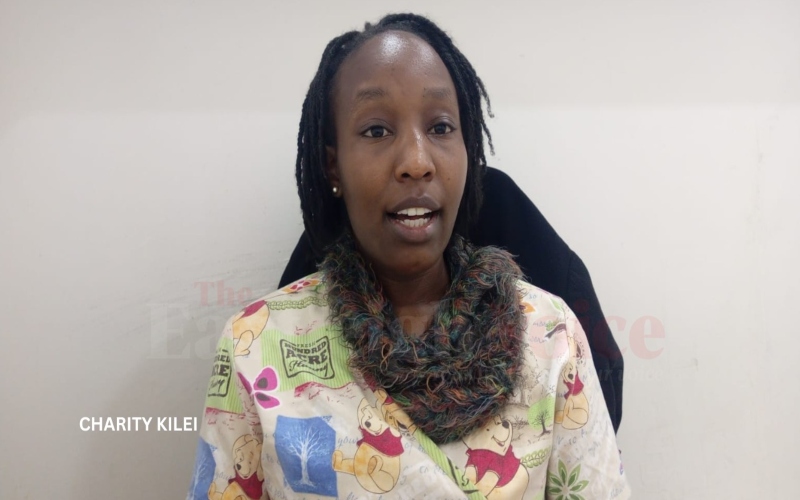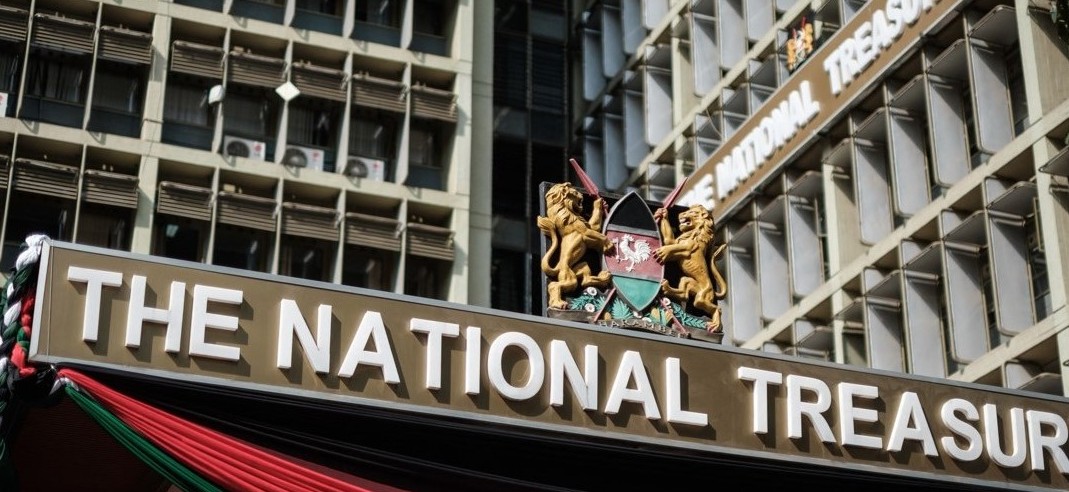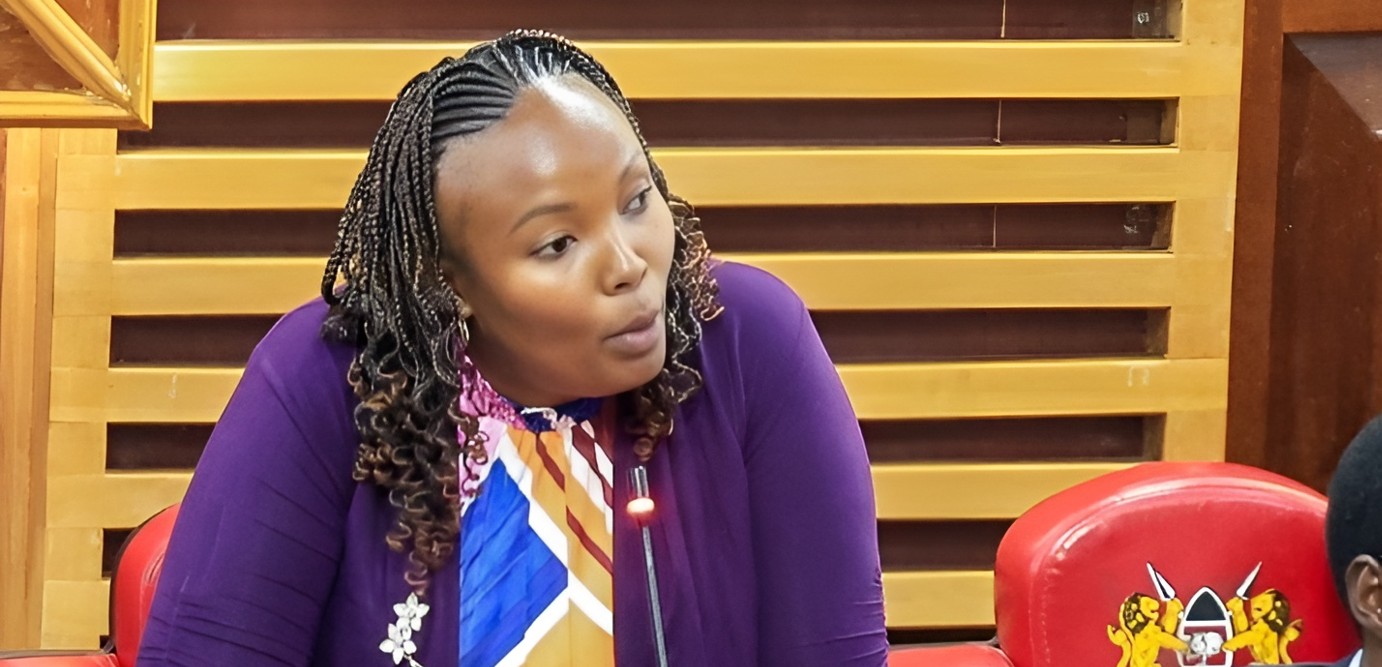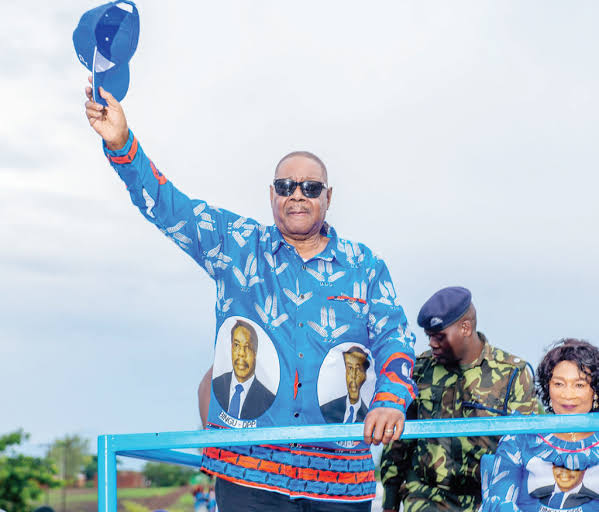Court bars sports tribunal from handling doping cases against international-level athletes

Justice Roselyn Aburili faulted the tribunal for assuming jurisdiction over a matter that falls squarely under the Anti-Doping Agency of Kenya (ADAK), in line with both Kenyan law and global anti-doping frameworks.
The High Court has declared that the Sports Disputes Tribunal (SDT) overstepped its mandate by handling doping cases against international-level athletes, a role reserved for the Anti-Doping Agency of Kenya (ADAK).
Delivering the judgment, Justice Roselyn Aburili faulted the tribunal for assuming jurisdiction over a matter that falls squarely under the Anti-Doping Agency of Kenya (ADAK), in line with both Kenyan law and global anti-doping frameworks.
More To Read
- Kenya given 21 days to appeal as WADA alleges non-compliance with anti-doping code
- Kenyan athlete Roncer Kipkorir Konga banned for three years for doping
- Kenyan half-marathoner Judy Jelagat Kemboi suspended over doping
- Sh20 million blow: Kenya’s anti-doping war crippled after drastic budget cut
- NOC-K delays elections after Basketball chair Paul Otula's death
- Kenyan marathoner Careen Cheptoek handed two year ban for doping
"The Tribunal's assumption of jurisdiction over the applicant, an international-level athlete, was unlawful, ultra vires Section 31(1) of the Anti-Doping Act, and contrary to the Anti-Doping Regulations 2020, the World Anti-Doping Code, and the International Standard for Results Management," Justice Aburili ruled.
The case stemmed from an application filed by an athlete identified in court papers as NJM, who had been charged by ADAK after testing positive for furosemide, a prohibited substance, during an out-of-competition urine test.
Through her lawyers, the athlete challenged the tribunal's authority, arguing that as an international-level competitor, her case could not lawfully be determined by the SDT.
They contended that the tribunal's move was biased, irrational, and procedurally improper.
The SDT had dismissed her application on January 27, 2025, forcing her to escalate the matter to the High Court.
Her legal team relied on Article 8.1 of the World Anti-Doping Code, which guarantees athletes accused of doping violations the right to a fair hearing before an independent body within a reasonable period. They further argued that the SDT and ADAK are distinct entities and that the tribunal could not purport to act on behalf of ADAK.
Justice Aburili also took issue with the conduct of both ADAK and the SDT, noting that they disregarded court directions by filing responses and submissions well past the deadlines, and only after the matter had already been reserved for judgment.
Consequently, the judge quashed the proceedings pending before the tribunal and barred the SDT from hearing the case against NJM.
Top Stories Today



